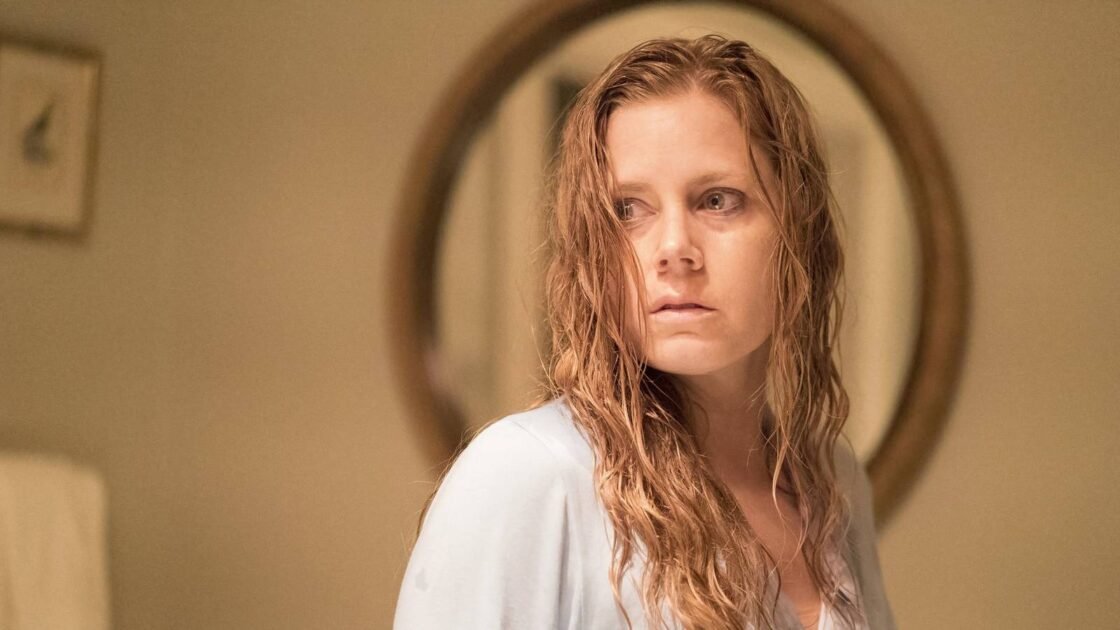Thriller TV endings can make or break the legacy of a great series, and the genre is littered with examples of both extremes. The very best finales don’t just tie up plot threads, they feel inevitable yet shocking, rewarding yet devastating. These conclusions prove that sticking the landing is as important as everything that came before.
Unfortunately, many shows in this genre, including some of the best thrillers of all time, stumble in their final moments. Whether due to network cancellations or rushed conclusions, too many thrillers collapse under the pressure of their own ambition. That’s what makes the rare successes stand out – when the storytelling remains airtight in a thriller from the start until the final scene, it’s unforgettable.
It’s no coincidence many endings that truly satisfied fans also belong to some of the best TV thrillers of all time. These finales managed to balance payoff with surprise, emotional closure with narrative logic. It’s always refreshing when a small-screen thriller not only gets to end on its own terms, but also cements its place as one of the best examples of how TV storytelling should conclude.
Sharp Objects (2018)
A Shocking Final Twist Makes This Miniseries Unforgettable
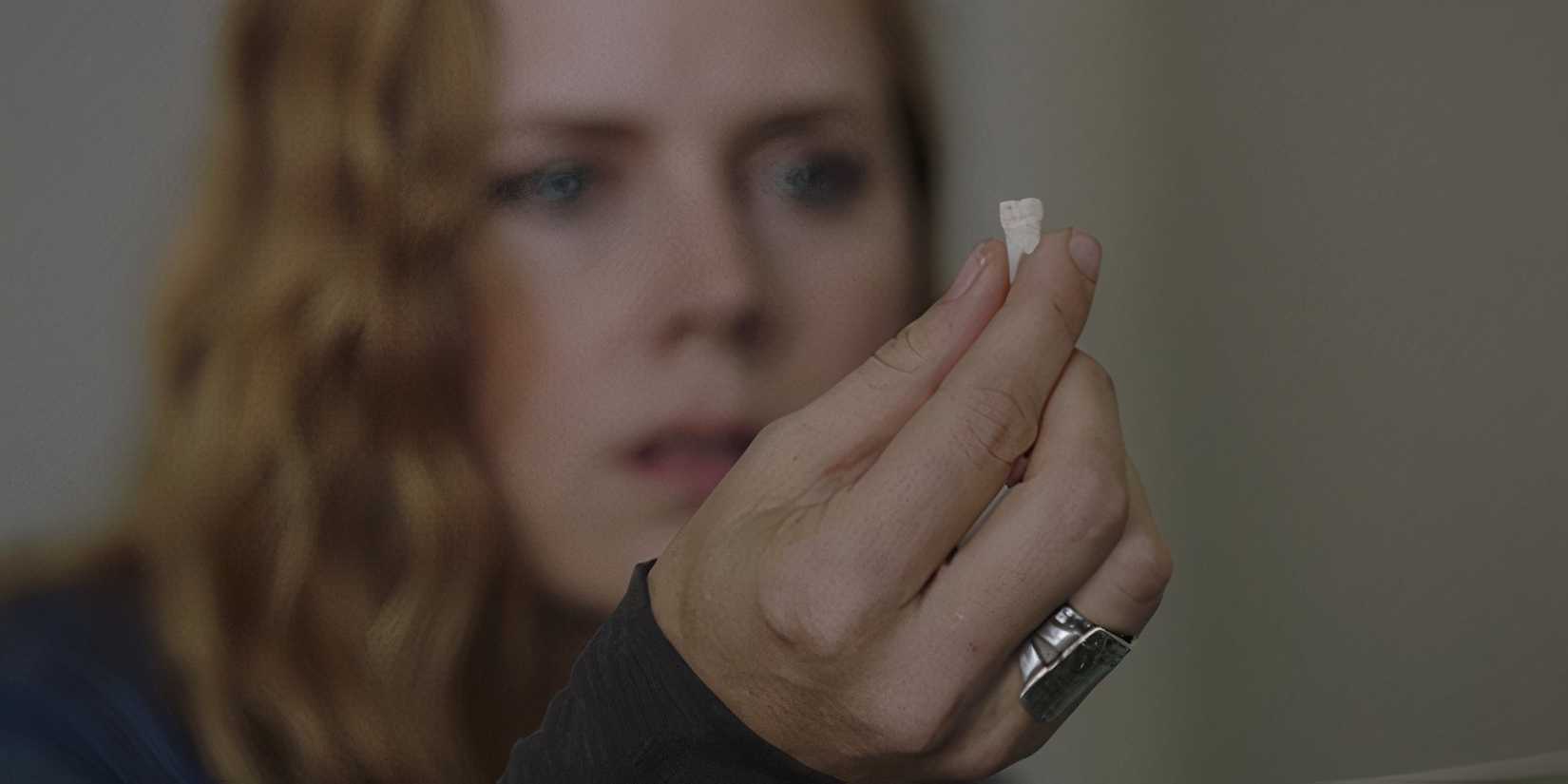
HBO’s Sharp Objects only ran for 8 episodes, but it left an indelible mark thanks to its chilling final minutes. The miniseries followed Camille Preaker (Amy Adams), a troubled journalist investigating murders in her Missouri hometown, and it saved its most gut-punching revelation for the very end.
What makes Sharp Objects one of the most memorable thriller TV endings is that it subverts audience expectations in a way that feels both shocking and completely earned. By keeping its cards close until the final seconds, it turned its conclusion into one of the genre’s most haunting drop-the-mic moments.
Devs (2020)
A Philosophical Twist On Fate And Free Will
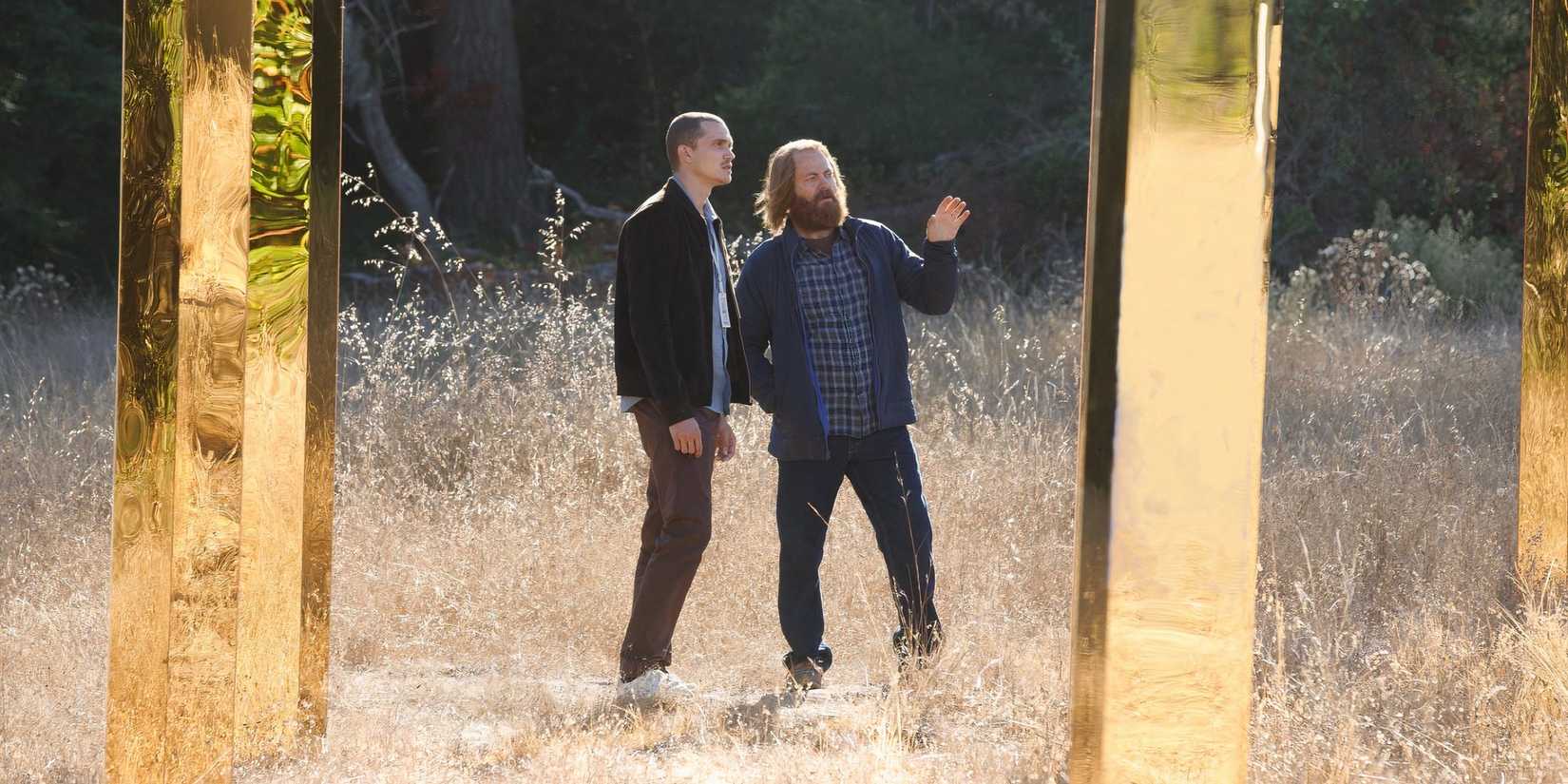
Alex Garland’s Devs was always less about action and more about ideas, and its finale cemented that. Over the course of 8 episodes, it explored quantum determinism through the story of Lily Chan (Sonoya Mizuno), who uncovers the truth about the secretive tech company Devs and its founder Forest (Nick Offerman).
In the final episode, Lily breaks the supposed inevitability of the system, choosing her own path despite the deterministic predictions. The series ends with Lily and Forest uploaded into a simulated reality, where they confront the meaning of existence and what it means to live freely.
While not explosive in the traditional thriller sense, Devs delivered one of the most satisfying thriller TV endings because it stayed true to its themes. It resolved its central philosophical debate in a bold, imaginative way that left viewers contemplating its implications long after the credits rolled.
The Shield (2002-2008)
A Gritty Antihero Gets The Ending He Deserves
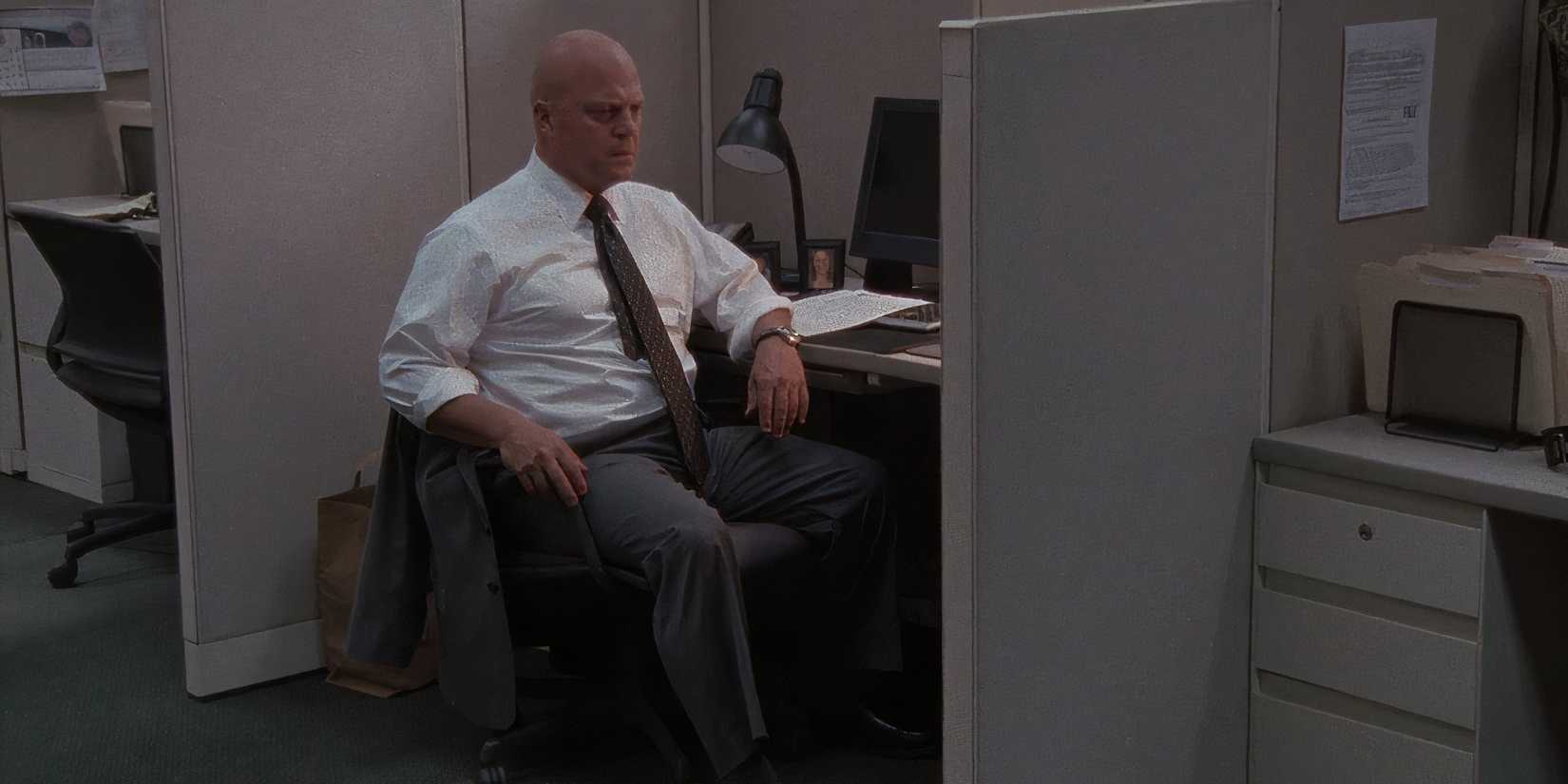
Few shows committed to moral ambiguity like The Shield. For seven seasons, viewers followed corrupt cop Vic Mackey (Michael Chiklis), whose manipulations and violence drove the show’s intense storylines. The finale, “Family Meeting,” found a way to deliver justice without the cliché of prison or death.
Instead, Vic’s punishment came in the form of banality. He was forced into a desk job under constant surveillance, stripped of his power, friends, and family. The tragedy of the ending was that Vic survived, but in the most soul-crushing way possible – condemned to a hollow existence.
The finale of The Shield gets to sit comfortably among best thriller TV show endings is its perfect mix of irony and inevitability. After years of skating by, Vic Mackey didn’t get a blaze-of-glory sendoff. He got something far worse: irrelevance. That final image of him in the office, gun in hand, was as chilling as any shootout.
Orphan Black (2013-2017)
An Ending That Puts Sisterhood And Survival At The Forefront
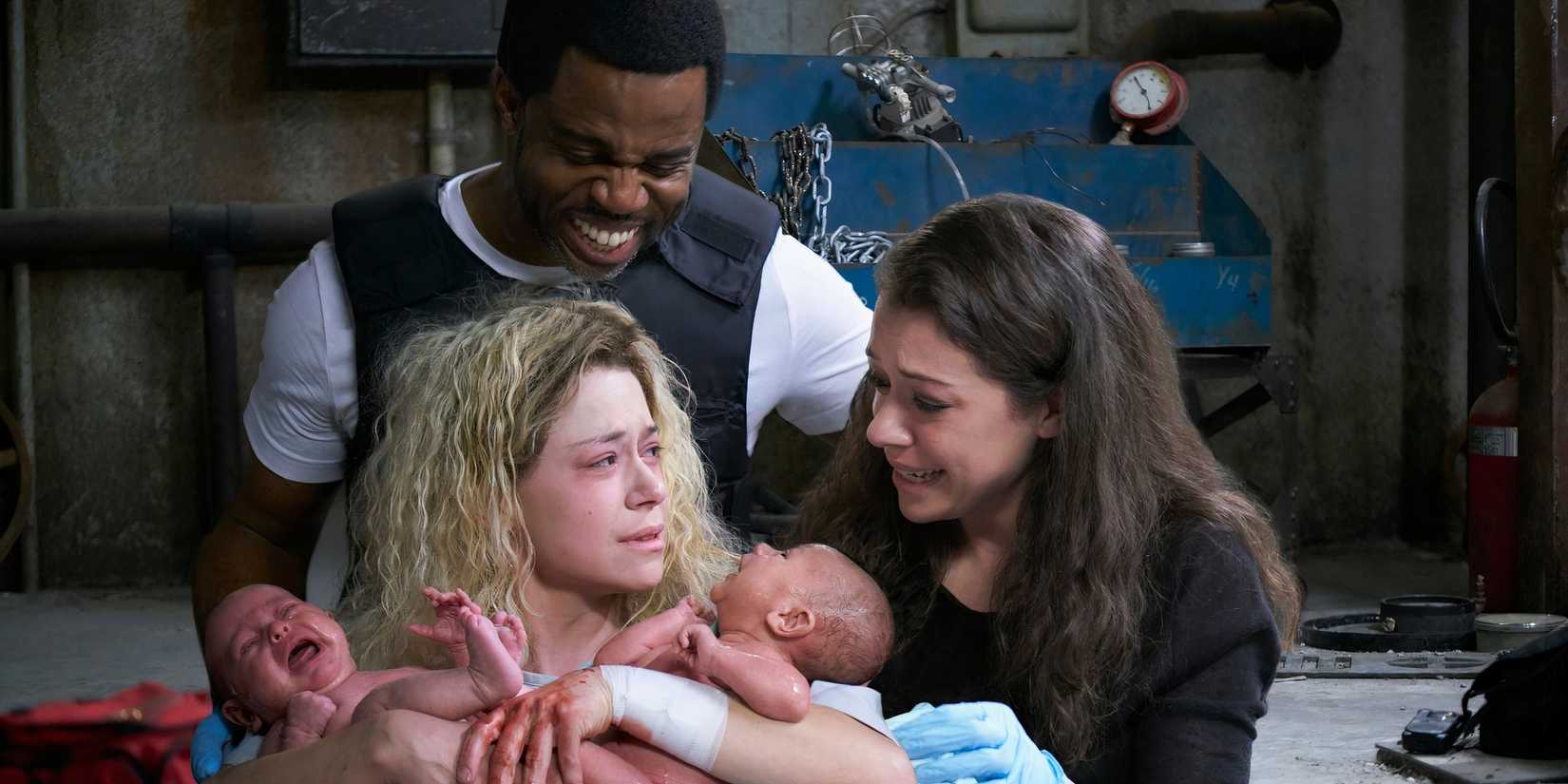
The show ended not with a shocking death or twist, but with the Clone Club finally claiming their autonomy. Sarah (Maslany), Cosima (Maslany), and Alison (Maslany) found peace, while Cosima and Delphine (Evelyne Brochu) worked on curing the remaining clones. It was an ending that centered resilience and sisterhood.
Orphan Black proved that thriller TV endings don’t need constant chaos to be satisfying. By grounding the conclusion in personal growth and connection rather than another sinister twist, the show left fans with closure and catharsis. It was the rare thriller finale that ended with hope, and it worked beautifully.
Ozark (2017-2022)
A Ruthless Balance Of Survival And Consequence
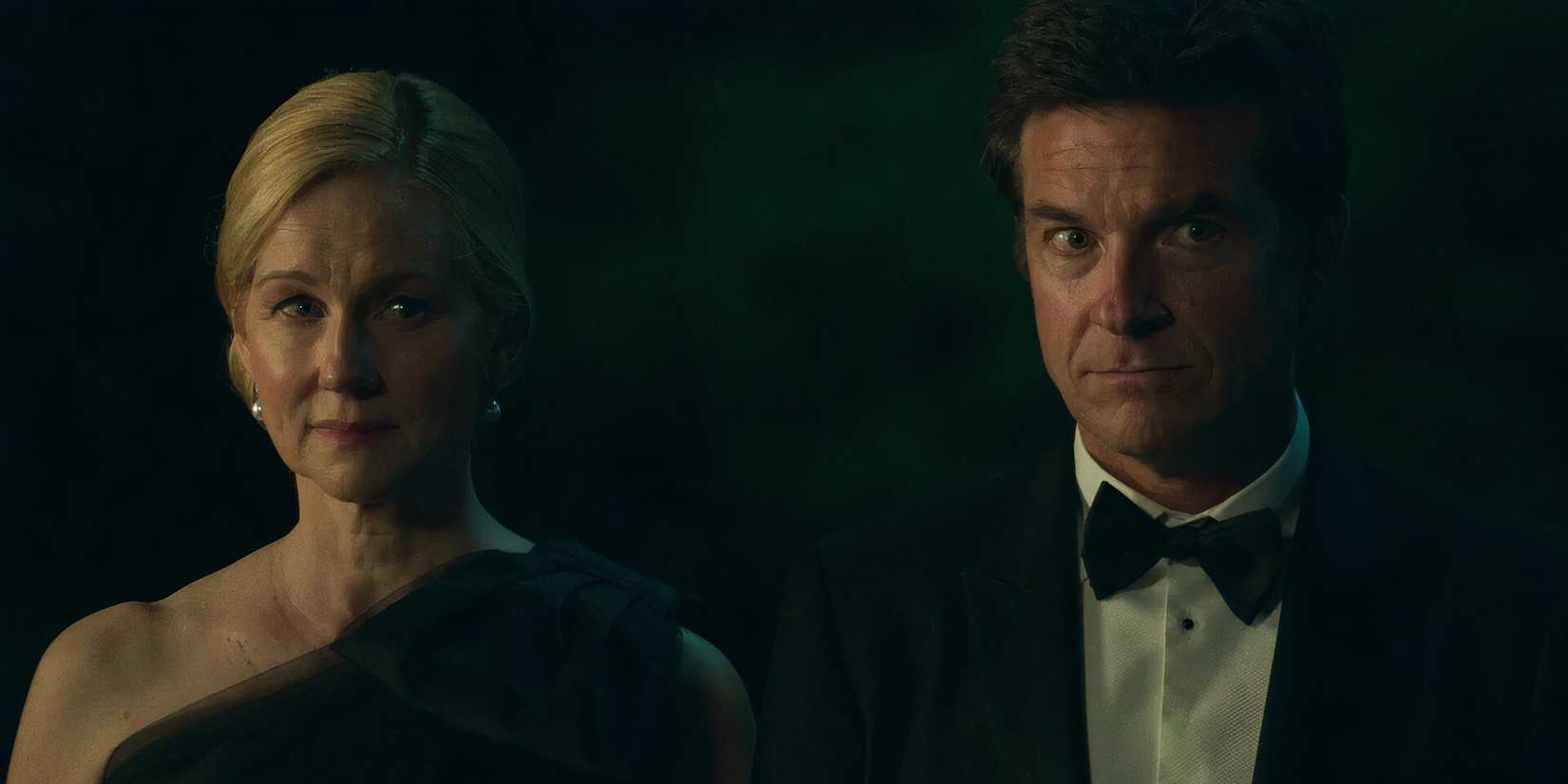
Netflix’s Ozark thrived on moral compromises, with Marty Byrde (Jason Bateman) and Wendy Byrde (Laura Linney) laundering money for a cartel. Over four tense seasons, the series escalated its stakes until its brutal finale, “A Hard Way to Go.”
The ending saw the Byrdes escape legal and cartel threats, but at a devastating cost. Ruth Langmore (Julia Garner), the show’s beating heart, was killed in a shocking moment that underscored the Byrdes’ moral rot. The series concluded with a Sopranos-like cut-to-black, showing that the cycle of violence surrounding the family would never really end.
This was one of the most divisive thriller TV show endings, but it stands out because of its brutal honesty. Ozark never promised redemption, and the finale embraced that. By staying true to its bleak worldview, it closed with ruthless precision, leaving viewers shaken but satisfied.
The Americans (2013-2018)
Heartbreak Instead Of Spectacle
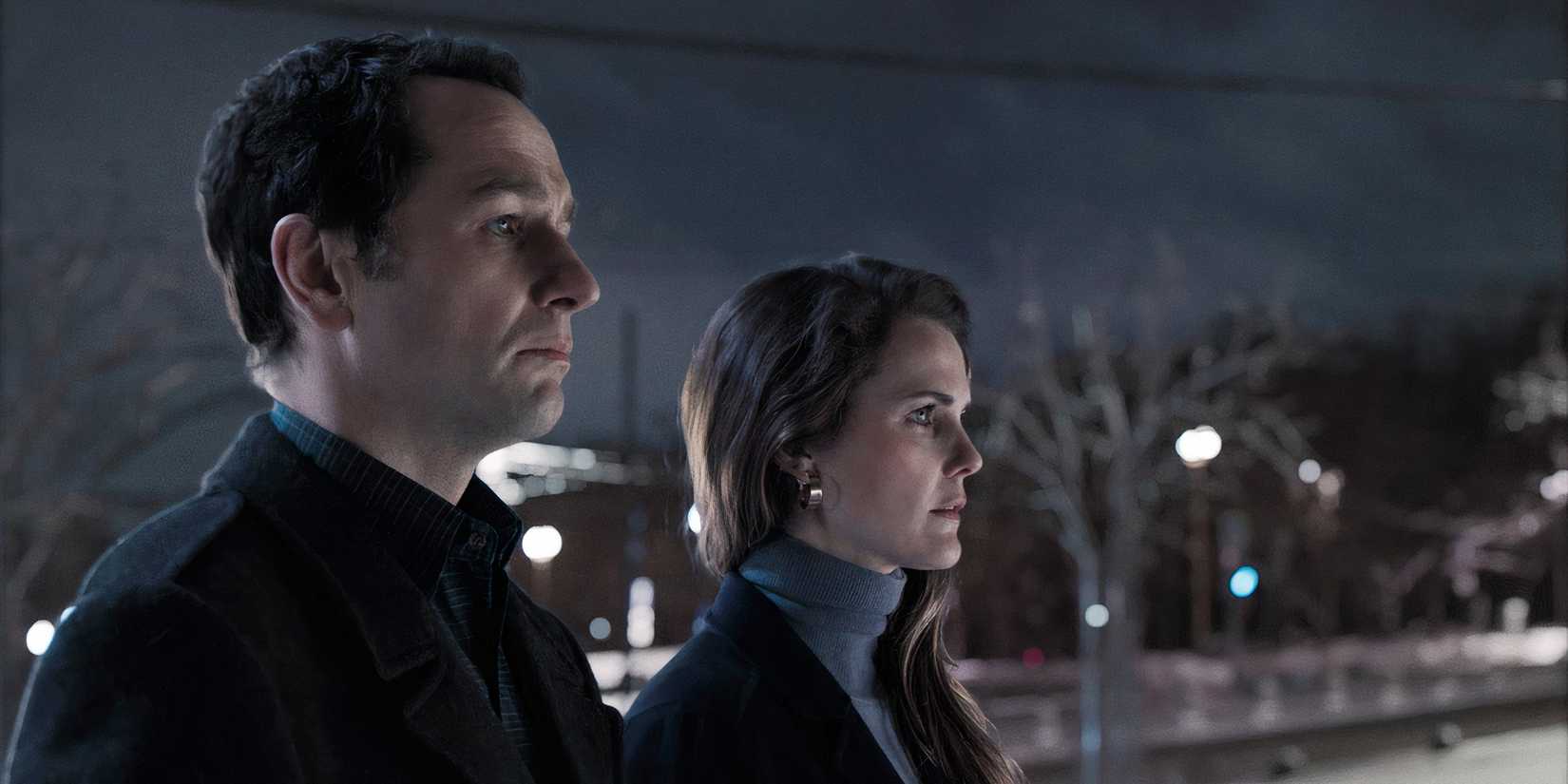
FX’s The Americans was one of the most quietly intense thrillers on TV, following KGB spies Philip (Matthew Rhys) and Elizabeth Jennings (Keri Russell) posing as suburban Americans. Its finale, “START,” resisted the temptation of explosive action in favor of emotional devastation.
The Jennings family was torn apart as Philip and Elizabeth fled back to Russia, leaving their son Henry (Keidrich Sellati) behind in the U.S. The image of the couple standing in Moscow, haunted by their choices, made for one of TV’s most poignant endings.
This finale worked because it didn’t betray the show’s DNA. The Americans was always about the human cost of espionage rather than spy theatrics. The heartbreaking separation of family over ideology turned its conclusion into one of the most powerful thriller TV endings ever broadcast.
The Wire (2002-2008)
The Endless Cycle Of Corruption And Power Takes Center Stage

Across five seasons, HBO’s The Wire explored institutions – from police to politics to schools – and their failings. Its finale, “-30-,” didn’t tie things up neatly, but instead reflected the show’s central thesis: the cycle continues, no matter the players.
The closing montage revealed how one generation of characters simply replaced another. Michael (Tristan Wilds) took over Omar’s role, Dukie (Jermaine Crawford) slid into addiction, and corruption within the police force carried on. It wasn’t a happy ending, but it was an authentic one.
By refusing easy closure, The Wire cemented itself as a masterpiece. Its ending wasn’t designed to please but to reflect reality. That uncompromising approach is what makes it one of the most respected thriller TV show endings – a sobering conclusion that mirrored the systemic failures it so brilliantly portrayed.
Breaking Bad (2008-2013)
Brutal Symmetry Brings About Satisfying Closure
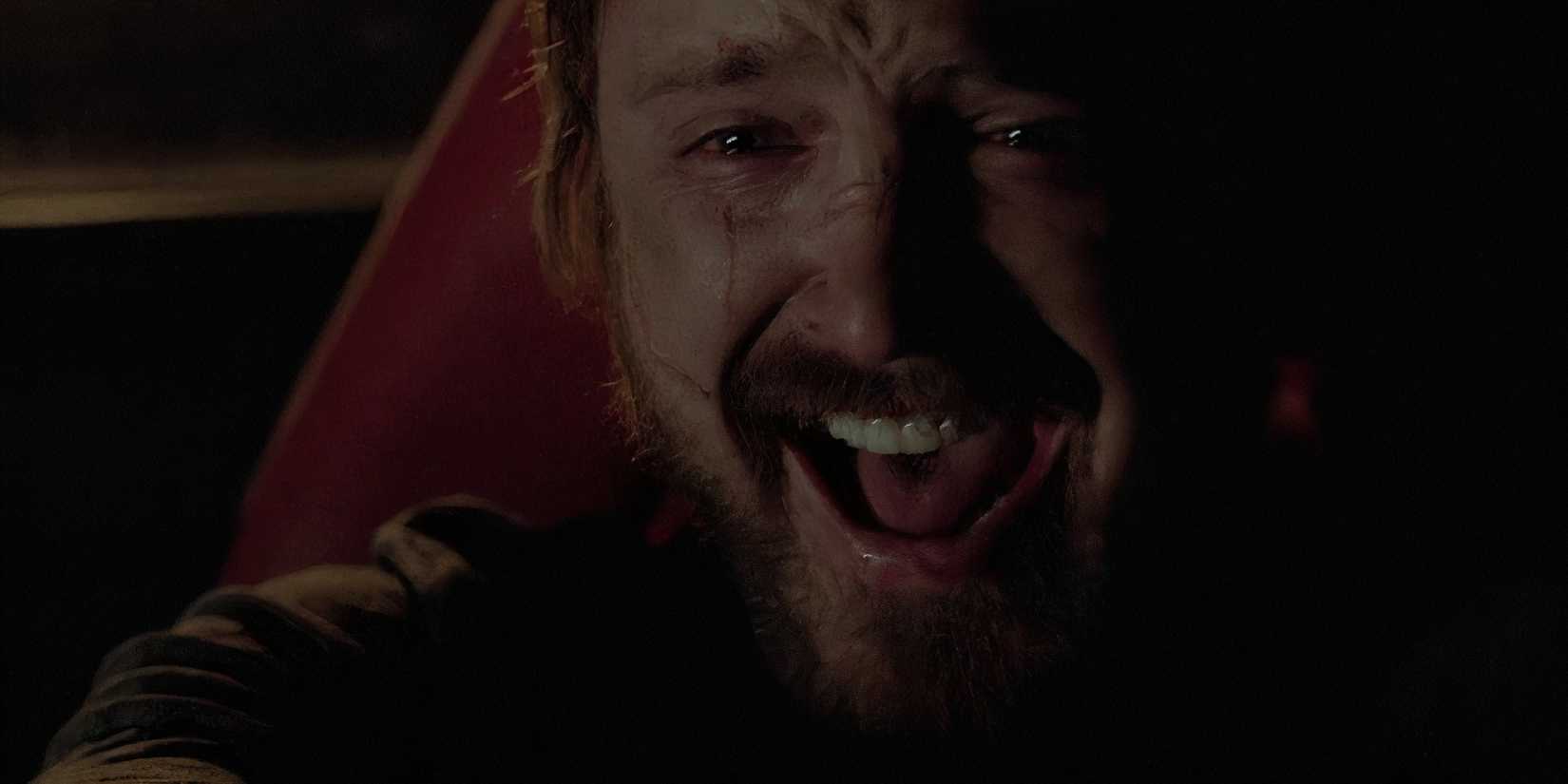
AMC’s Breaking Bad built toward its finale with methodical precision. Over five seasons, Bryan Cranston's Walter White transformed from mild-mannered teacher to ruthless drug kingpin. The final episode, “Felina,” brought his story full circle in a way that was both explosive and poetic.
This finale is so highly regarded because it gave definitive closure without compromise. Breaking Bad managed to be both shocking and satisfying, offering fans exactly the ending Walter’s story demanded. Among thriller TV endings, it remains the gold standard of how to wrap up a character-driven saga.
Dark (2017-2020)
Time Loops Closed With Elegance And Emotion
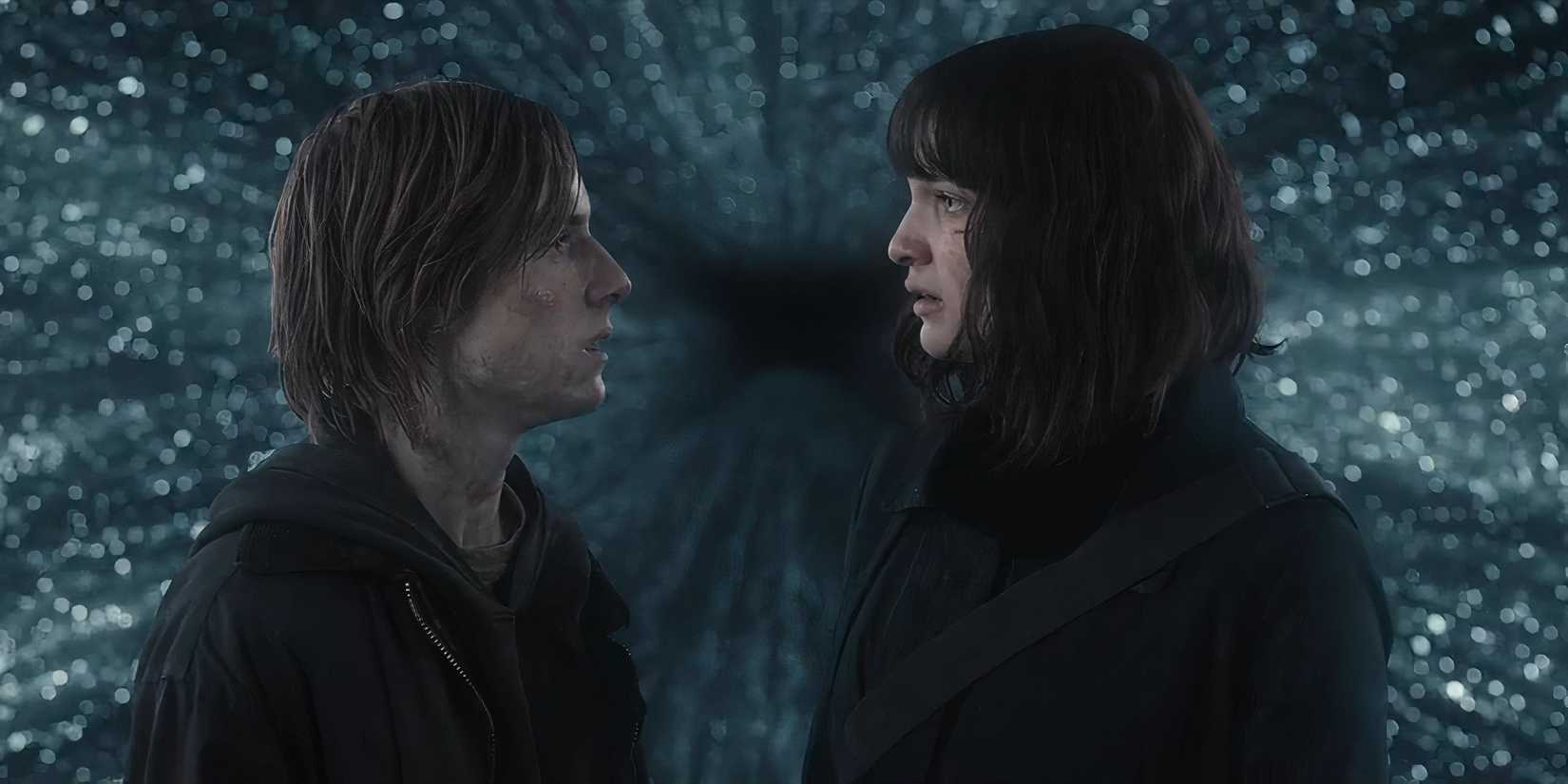
Netflix’s German thriller Dark built one of the most intricate time-travel narratives in TV history. Across three seasons, it followed multiple generations entangled in paradoxes that seemed impossible to resolve. Yet its finale, “The Paradise,” pulled off the impossible.
The ending revealed that the time loops were the result of a third, original world. Jonas (Louis Hofmann) and Martha (Lisa Vicari) sacrificed themselves to end the cycle, ensuring the survival of only the origin world. In one of the show’s most moving sequences, they faded from existence, finally breaking the knot.
Dark’s ending was remarkable for its clarity and emotion. Rather than collapsing under the weight of its complexity, it simplified everything into a story of love, sacrifice, and release. As far as thriller TV endings go, the finale of Dark is a masterclass in how to make convoluted mythology resonate on a human level.
Mr. Robot (2015-2019)
A Twist That Redefines The Entire Story
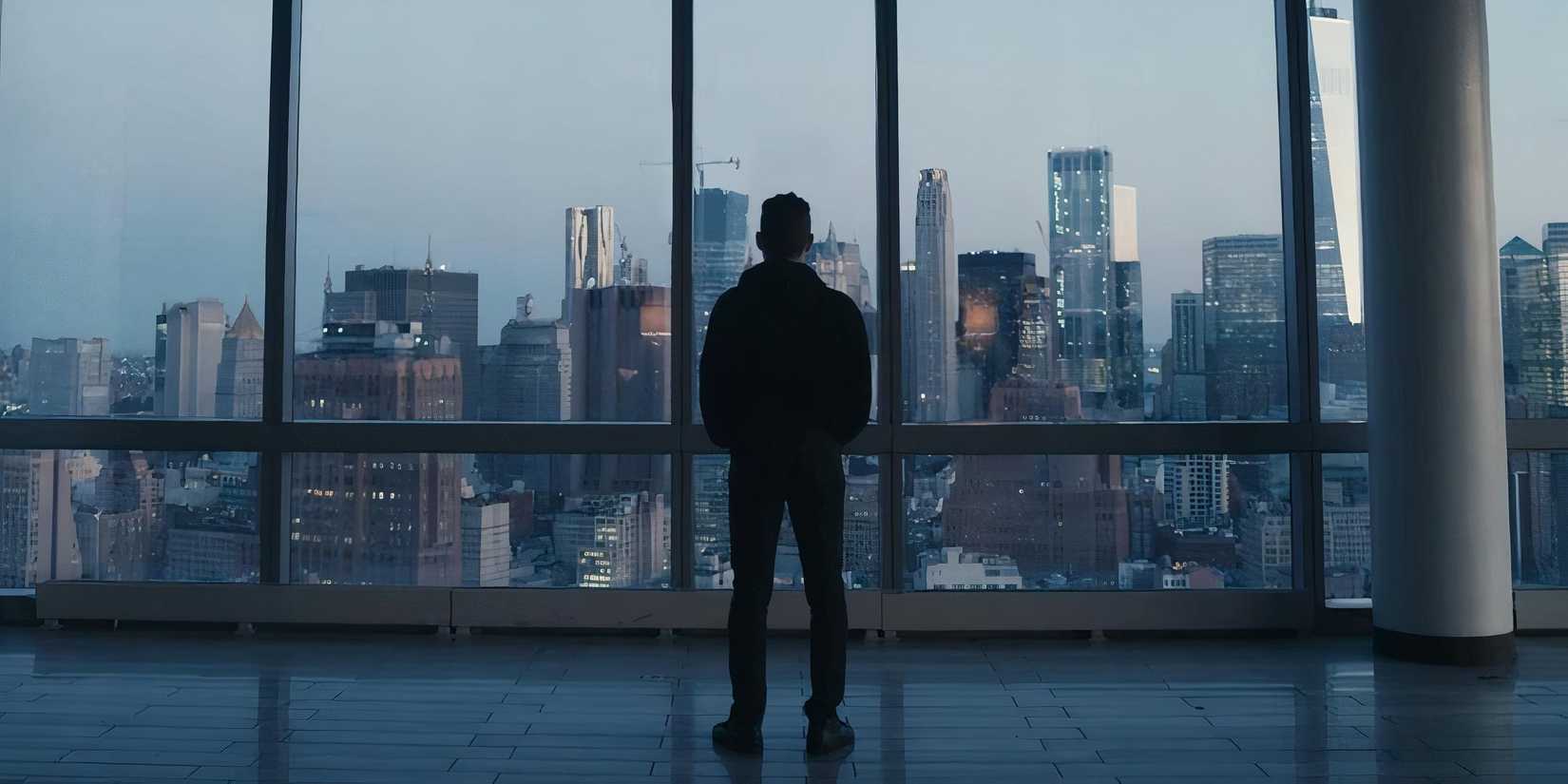
USA Network’s Mr. Robot was one of the boldest thrillers of the 2010s, following hacker Elliot Alderson (Rami Malek) and his fractured psyche. Across four seasons, the series pushed boundaries, and its finale, “Hello, Elliot,” may be its most daring gamble.
The final episodes revealed that the Elliot we’d been following wasn’t the true Elliot, but one of several personas created to protect him from past trauma. In a quiet yet profound conclusion, the “real” Elliot finally took control, allowing him to begin healing.
What makes Mr. Robot’s ending extraordinary is how it recontextualized the entire series without undermining it. Instead of relying on spectacle, it turned inward, delivering emotional closure that felt both shocking and inevitable. It remains one of the boldest and most satisfying thriller TV endings of the modern era.











































































































